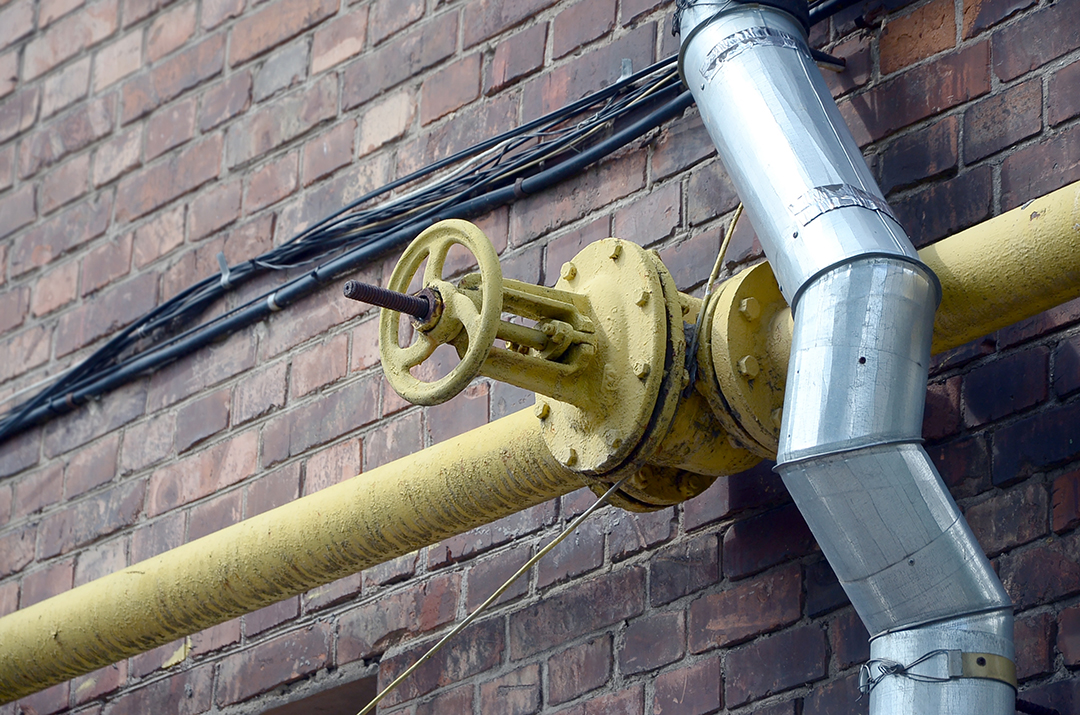Industrial flanged systems rely heavily on gaskets to ensure a leak-proof seal under a variety of operating conditions. From controlling pressure and temperature extremes to preventing hazardous material leaks, the role of gaskets is indispensable. The right gasket not only enhances system safety and efficiency but also minimizes operational downtime and long-term maintenance costs.
Understanding Gasket Types
Gaskets are essential components in flanged systems, providing a critical barrier to prevent leaks and ensure operational integrity. They must withstand the system’s temperature, pressure, and media without losing their sealing ability over time. Selecting the correct type of gasket is key, as each type is engineered to meet specific operational demands. The choice typically depends on factors like system requirements, material properties, and the flange design.
The three main categories of gaskets and their characteristics are outlined below:
| Gasket Type | Key Features | Applications |
| Non-metallic Gaskets | Flexible, excellent chemical resistance, cost-effective | Low-pressure systems, chemical processing, water pipelines |
| Metallic Gaskets | High durability, withstands extreme pressure and temperature | High-pressure steam lines, oil refineries, power plants |
| Semi-metallic Gaskets | Combination of strength and flexibility, versatile | Moderate to high-pressure systems, dynamic conditions |
Critical Factors in Gasket Selection
The performance of a gasket largely depends on its ability to handle the specific demands of the flanged system it supports. Factors like operating conditions, material compatibility, and flange surface finish all play a significant role in determining whether a gasket will perform reliably over time. Choosing the wrong gasket can result in costly failures, such as leaks, flange damage, or even system downtime. Therefore, careful consideration of these variables is essential to ensure safety, efficiency, and compliance in industrial applications.
Below are the critical factors to evaluate when selecting a gasket for your flanged system:
- Operating Conditions: Consider the system’s temperature and pressure. High-temperature applications, like steam pipelines, require heat-resistant materials (e.g., graphite or metal), while high-pressure systems need gaskets designed to withstand specific pressure ratings.
- Flange Surface Finish: The roughness and flatness of the flange surface determine how well the gasket can seal. Smooth surfaces pair well with softer gaskets, while rougher surfaces require compressible materials to fill irregularities.
- Chemical Compatibility: The gasket material must resist degradation when exposed to the media being conveyed. PTFE works well for aggressive chemicals but may not perform in extremely high-temperature environments.
- Compliance Standards: Verify that the gasket meets industry standards, such as ASME B16.20 or API 6A, to ensure safety and suitability for critical industrial applications.
Carefully evaluating these factors during the selection process helps mitigate operational risks and ensures the gasket functions reliably in its specific application.
Material Compatibility and Performance
The material composition of a gasket is one of the most critical factors influencing its performance, longevity, and suitability for specific applications. A mismatch between the gasket material and the operating environment can lead to premature failure, increased maintenance costs, and potential safety hazards. To ensure reliable operation, the gasket material must be compatible with the media being conveyed and capable of withstanding the system’s pressure and temperature conditions. Each material type offers unique strengths and limitations, making it essential to evaluate your system’s specific needs carefully.
The following table provides an overview of commonly used gasket materials and their characteristics:
| Material | Key Features | Applications |
| Rubber | Cost-effective, flexible, suitable for low-pressure systems | Water and wastewater pipelines, non-oil-based systems |
| Graphite | Exceptional thermal stability, chemically inert | High-temperature applications, steam systems, corrosive environments |
| Metal | Highly durable, withstands extreme pressure and temperature | Industrial systems requiring precise flange alignment, oil refineries |
| Composite (Semi-metallic) | Combines durability and flexibility for dynamic conditions | Systems with fluctuating pressure or temperature, moderate to high-pressure environments |
Matching the gasket material with the specific demands of your system enhances reliability, extends the lifespan of components, and reduces long-term maintenance costs.
Testing and Ensuring Reliability
Rigorous testing is essential to ensure that gaskets perform reliably under specific operating conditions. A gasket that fails to meet performance standards can lead to leaks, system failures, or costly downtime, especially in critical industrial applications. Comprehensive testing not only validates the gasket’s ability to create and maintain a seal but also ensures that it can withstand the mechanical, thermal, and chemical stresses it will encounter during operation.
Evaluating a gasket’s performance before installation allows potential issues to be identified and resolved, significantly reducing the chances of unexpected failures. Below are key testing methods that provide valuable insights into gasket reliability:
- Compression and Recovery Testing: Measures the gasket’s ability to compress under load and return to its original shape, ensuring that it can maintain a tight seal even under fluctuating pressure conditions.
- Leakage Testing: Identifies any potential for leaks by simulating real-world operating conditions, providing confidence in the gasket’s sealing capability before system startup.
- Chemical Resistance Testing: Evaluates the gasket’s durability against the media it will encounter, ensuring it resists degradation and maintains integrity over time.
Incorporating these tests into the gasket selection and installation process enhances reliability, extends the operational life of the gasket, and minimizes risks associated with system failure or unscheduled maintenance.
Dependable Industrial Flanges for Critical Applications
Coastal Resource Group provides industrial flanges built to last and perform under tough conditions. These flanges are designed to handle the high pressures and temperatures often found in industries like oil and gas, chemical processing, and water treatment. Made with premium materials, they resist corrosion and wear, ensuring reliable connections even in challenging environments.
Here’s what makes our flanges a smart choice:
- A wide range of sizes, from small configurations to larger options, so you can find the perfect fit for any pipeline or system.
- Flanges built to meet industry standards, like raised faces, flat faces, and ring-type joints, ensuring a tight, leak-proof seal.
- High-quality materials, including carbon steel, stainless steel, and alloys, to handle extreme temperatures, pressures, and chemicals.
- Fast delivery and 24/7 support to keep your projects on schedule, even when time is tight or locations are remote.
- Custom solutions for unique challenges, backed by a team dedicated to helping you get the job done right.
Our flanges are a dependable choice for keeping your systems running smoothly and safely. Contact us today for expert support and a quote for your next project!


